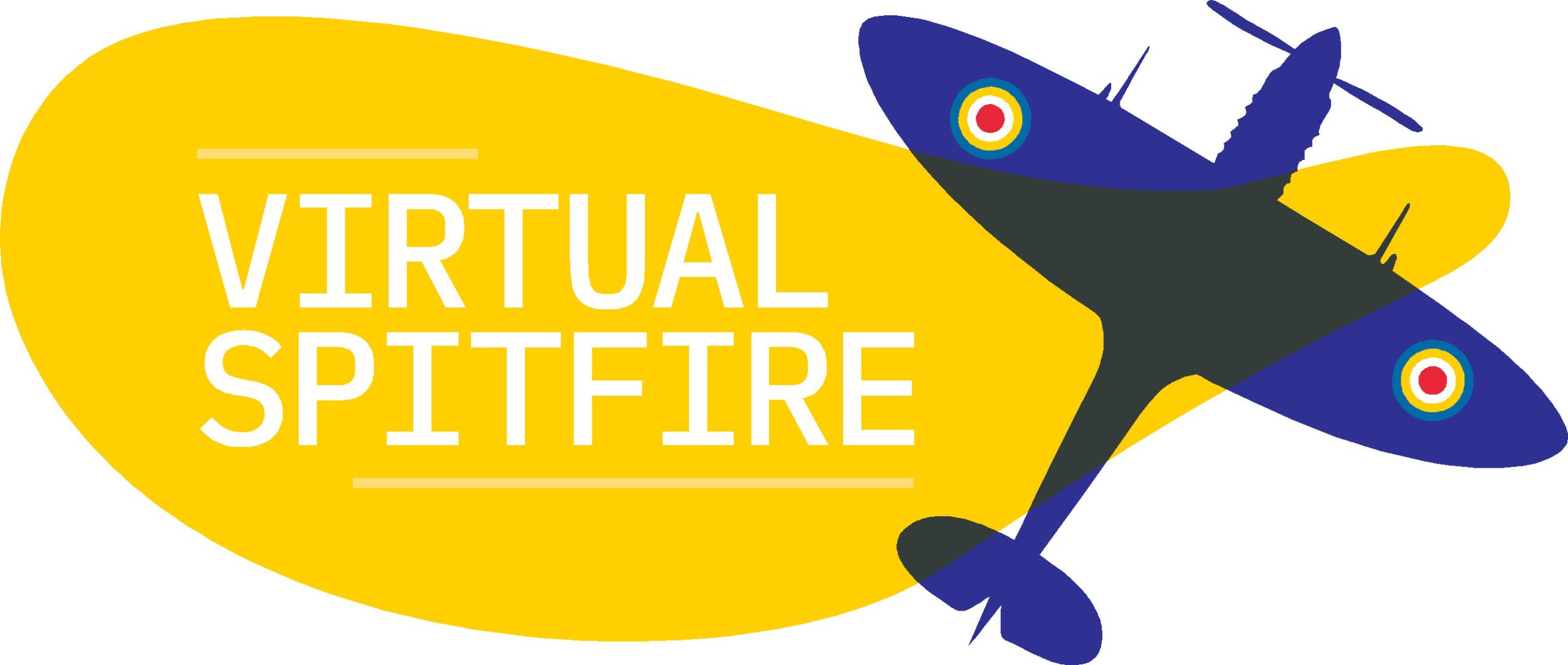
Full project title
Virtual Spitfire
Project acronym
Virtual Spitfire
Coordinator/applicant
English
Country of coordinator’s
or applicant’s residence
or applicant’s residence
United Kingdom
Contact person
Raymond Goodwin
E-mail address
Programme/fund
Erasmus+
Project duration
09.09.2019 - 04.02.2022
Project weblinks
EU project showcase![]()
Project description
The project Virtual Spitfire has 4 partners from 4 countries; UK, Sweden, France and Greece all
workiing with adult education in socialy deprived areas of post industrial decline. The project aims to
support individuals in acquiring and developing basic skills and key competences for low skilled
adults living in post-industrial areas. It will also focus on upskilling adult educators in the use of
Virtual Reality in the educational process. This will be carried out by utilising the interest and local
knowledge of the people and environments of post- industrial landscapes. We will encourage the
often deep interest for the local area by using the context of old industrial factories, mines, harbours,
agricultural production centres that once stood at the centre of local communities. The industries may
have dissapeared or expereinced technological change such as automation leading to loss of
employment
Social inclusion is a process, which assists people to participate fully in life from an economic, social
and cultural perspective. The idea is that every member of the society, no matter their background or
situation, should be able to participate in the community and society and be encouraged to contribute
to social, cultural and work life. The focus of the Virtual Spitfire project is the enhancement of
intercultural competences of adults and the improvement of social inclusion capacity through the
provision of continuous professional development courses to adult educators for diversity
management and intercultural management. Virtual Spitfire project addresses the entrepreneurship,
Civic skills, Personal, Social and Learning and Cultural awareness and expression, key competences
as specified in Key Competences Recommendation for Lifelong learning (revision 2018). This relies
on an awareness of how culture, as a collective social construct, shapes the views of the individual in
return. It is important to highlight the crucial process of developing a sense of one’s own place or role
in society – which may be understood as one's 'socio-cultural identity' - as well as a sense of the
identity of others with positive open-minded attitudes towards diverse cultural differences in different
contexts. This understanding of culture, based on the individual existing within particular contexts
and communities implies interaction, inclusion and mobility as key issues and opportunities in
society.
Extending and developing educator's competences.High quality and well trained educators can help
adult learners to develop key competences for the labour market and in everyday life. The project is
based on a methodological approach designed to maximize impact through the production and
sharing of OERs based on practical classroom and work based training activities and on the use of
VR and digital media. A Continuous Professional Development course for the training of adult
educators on th euse of VR is to be developed by the Virtual Spitfire project.


